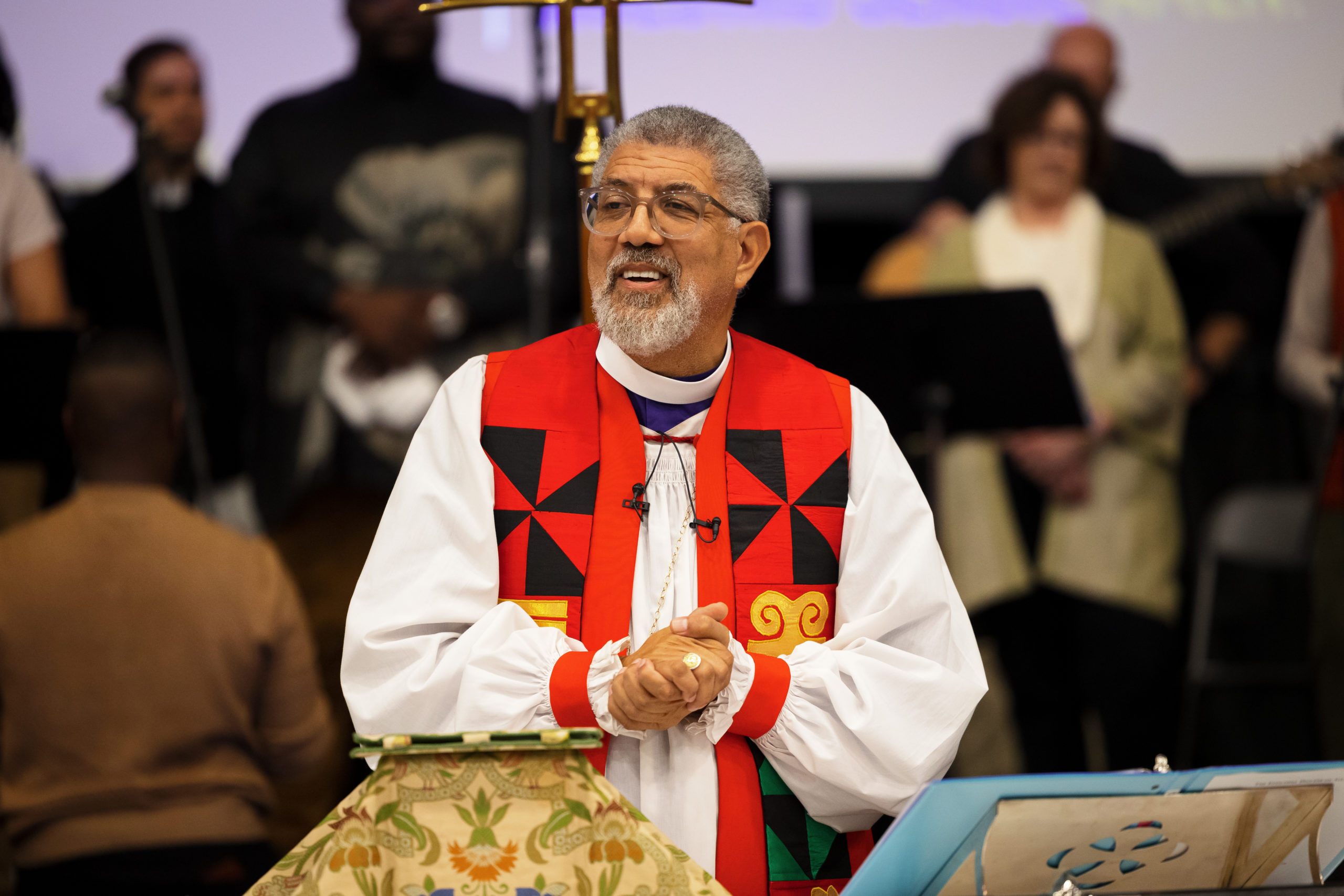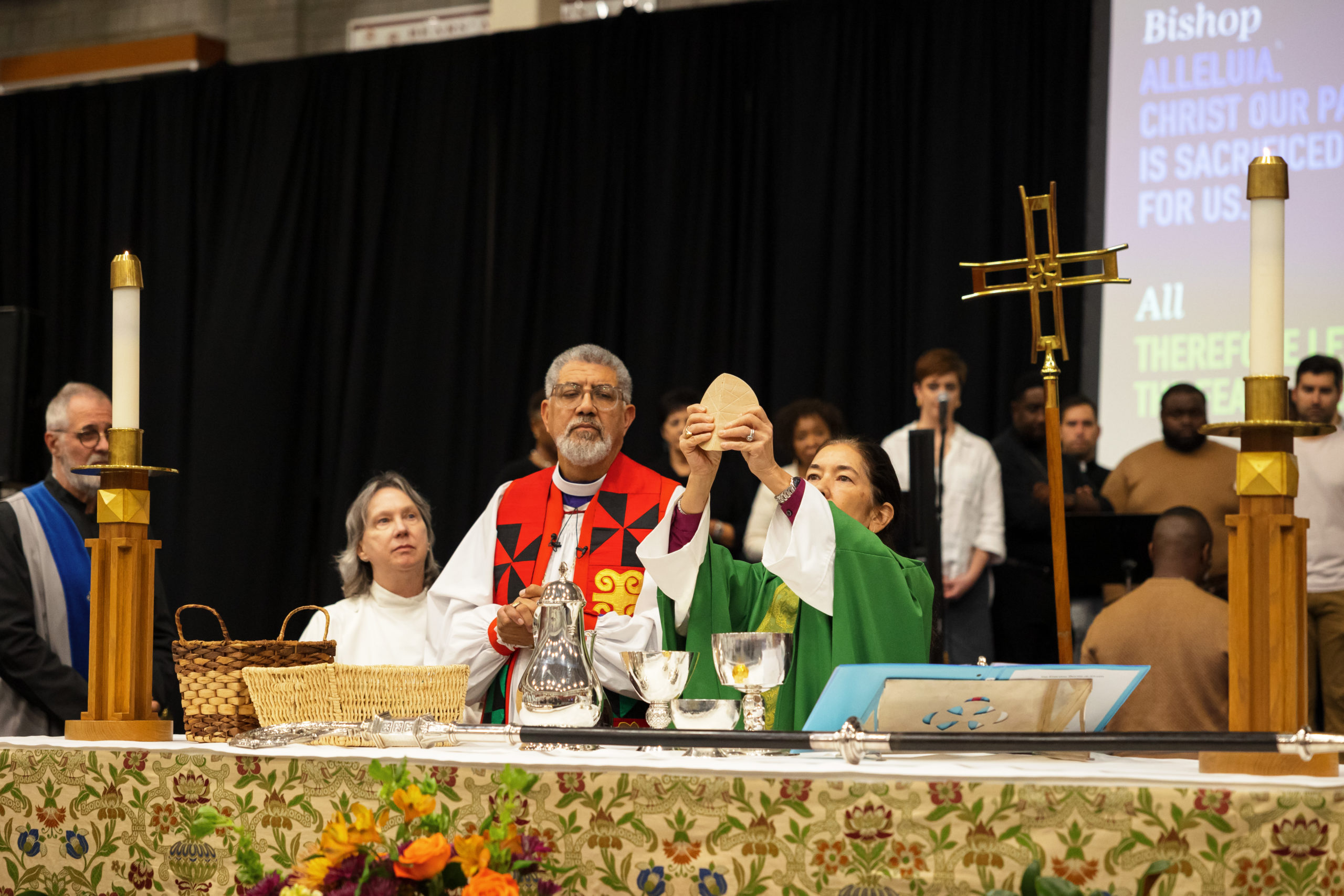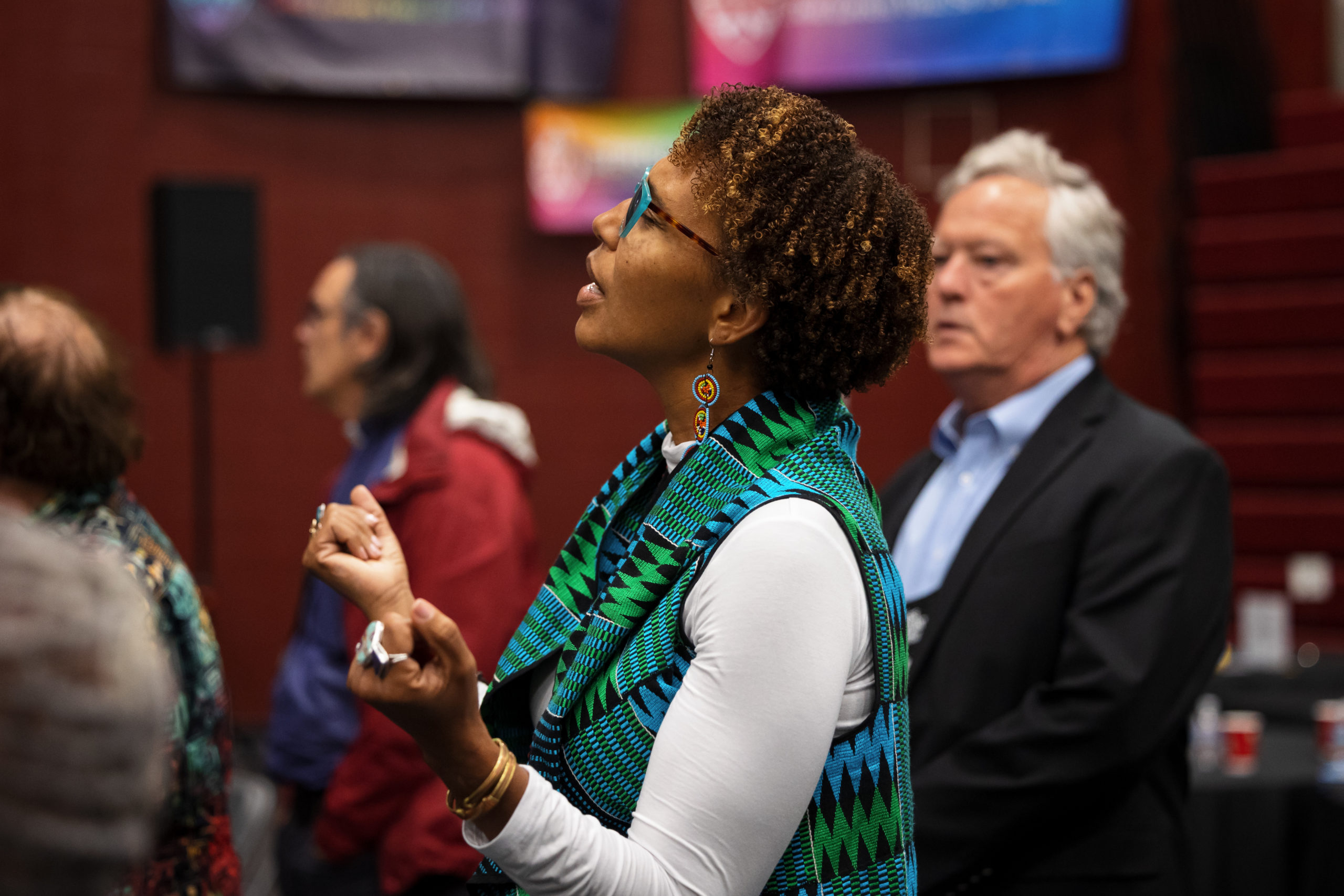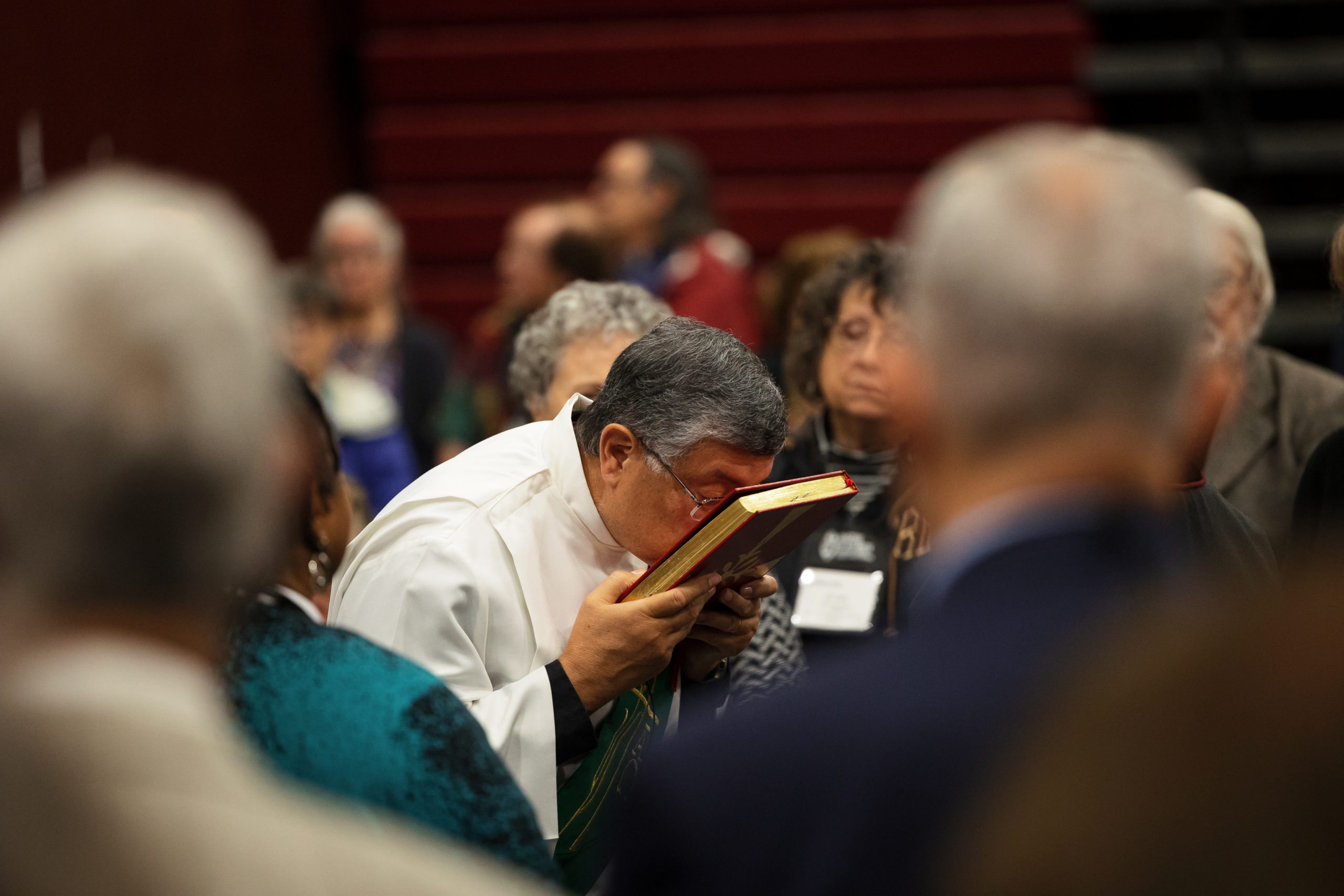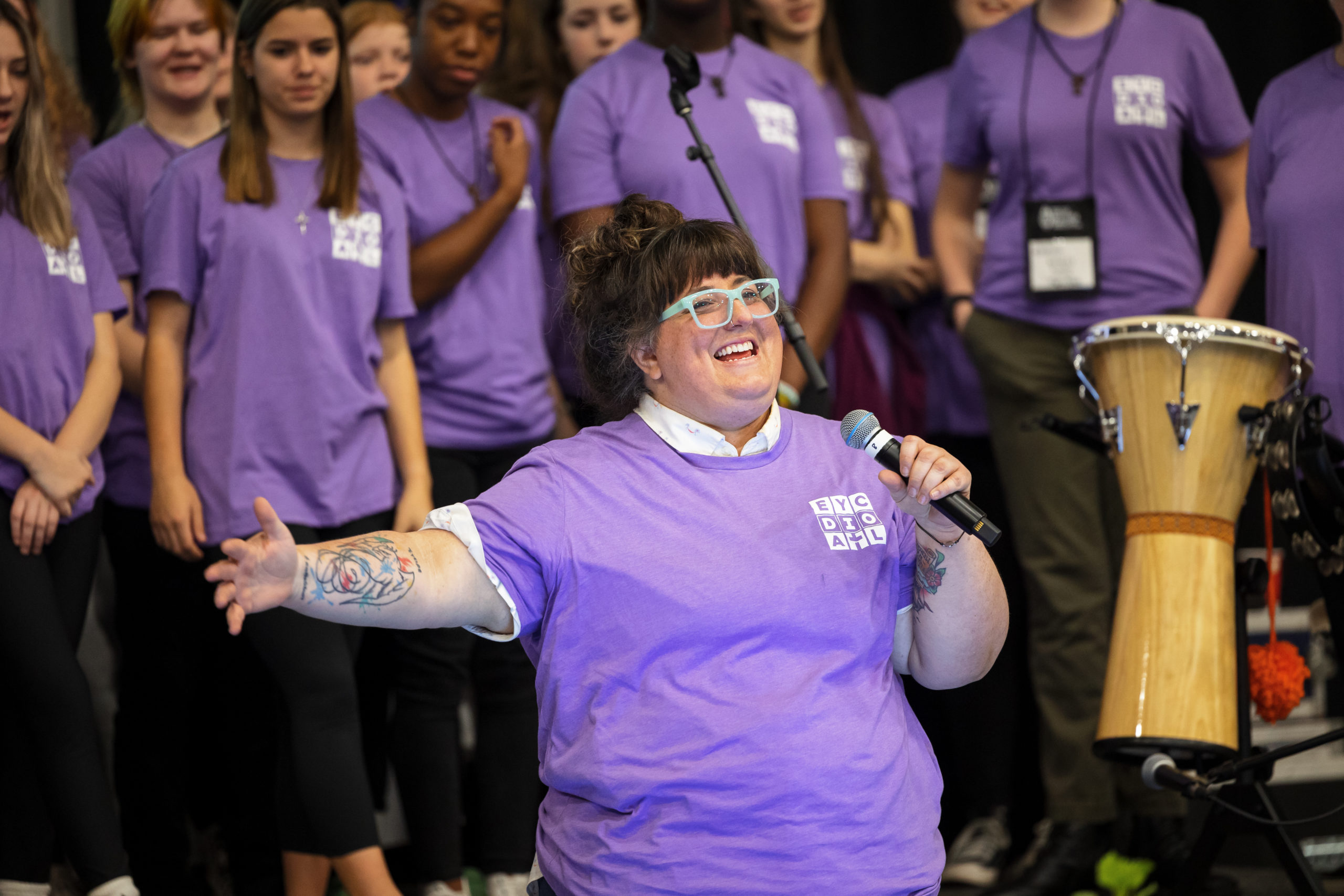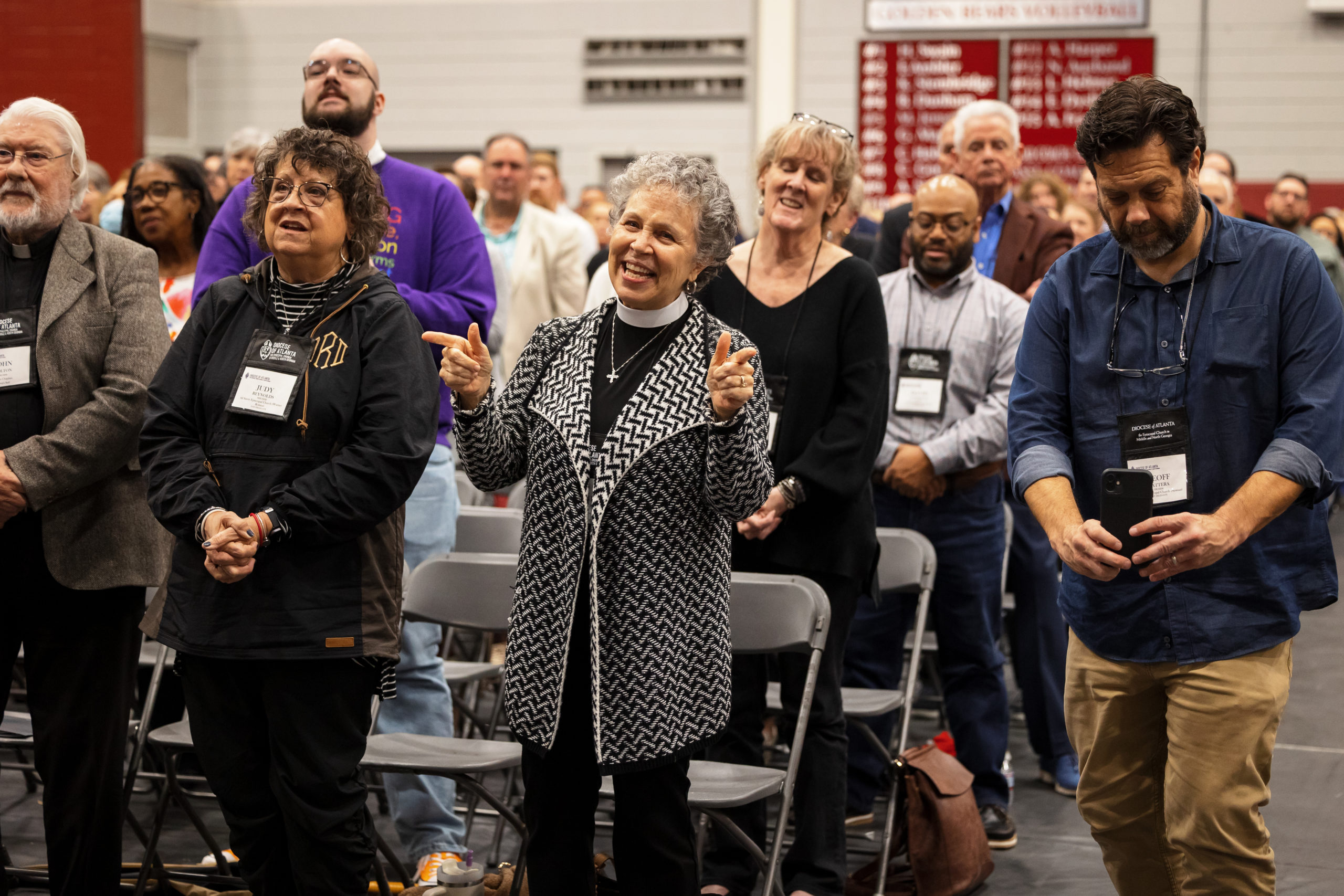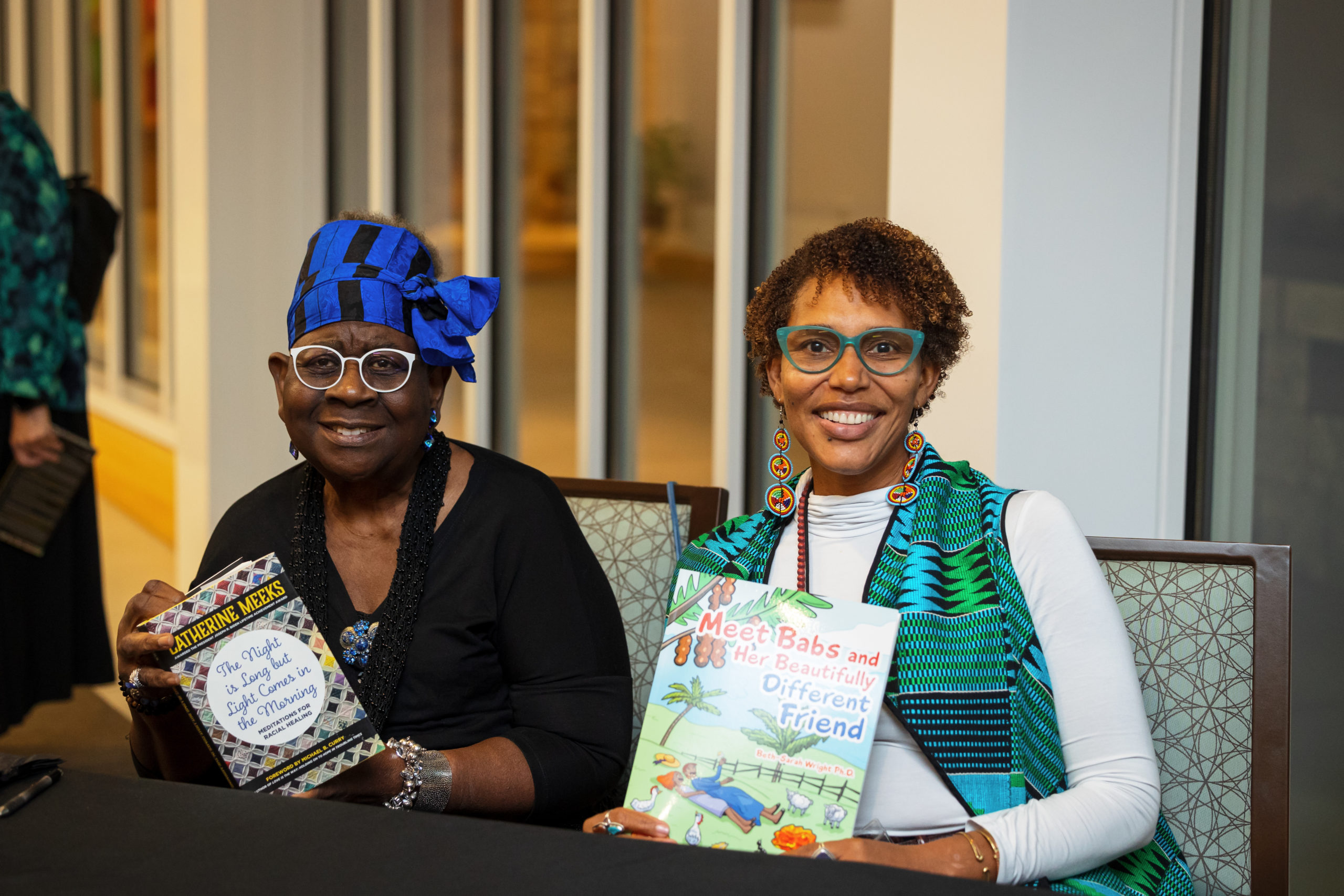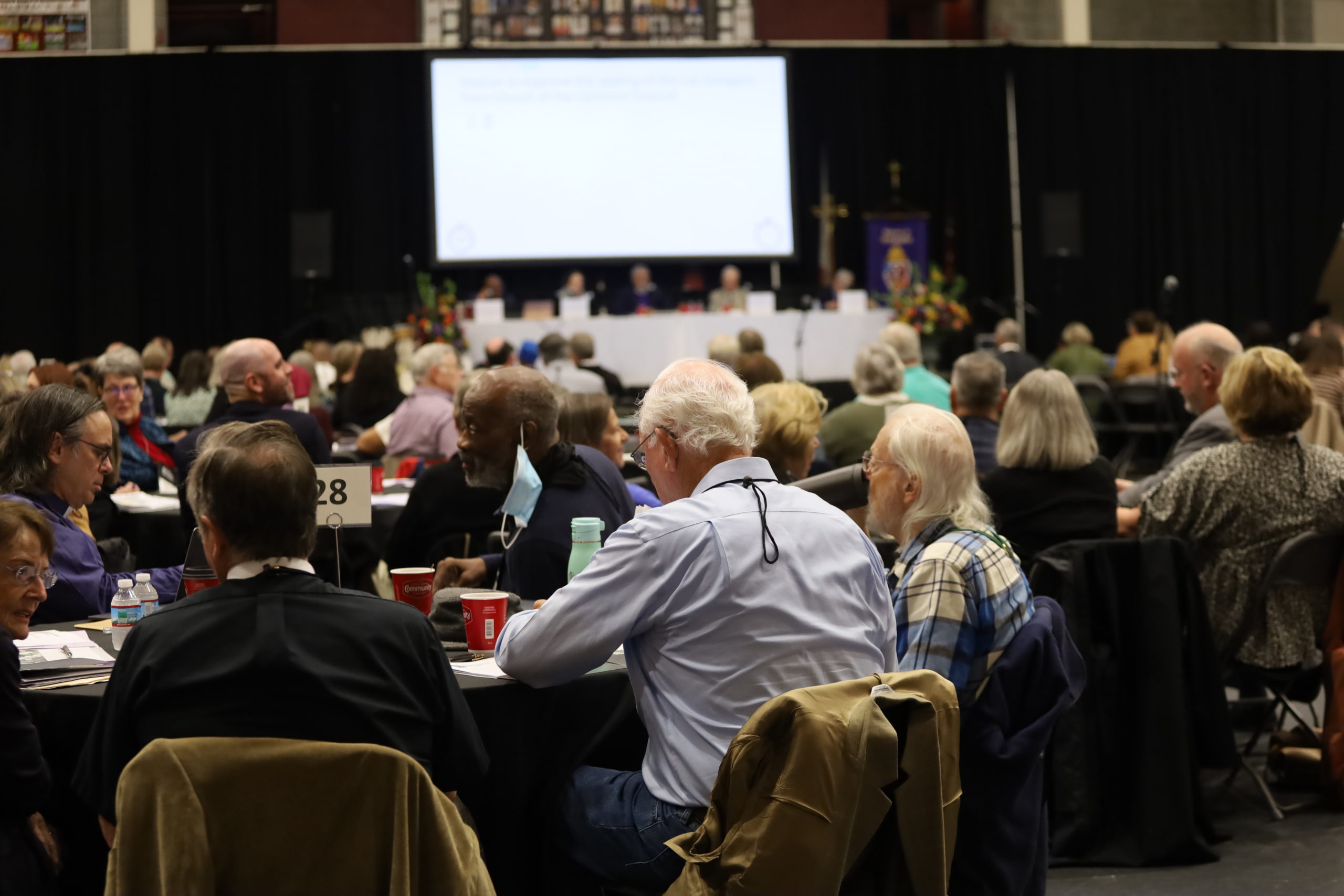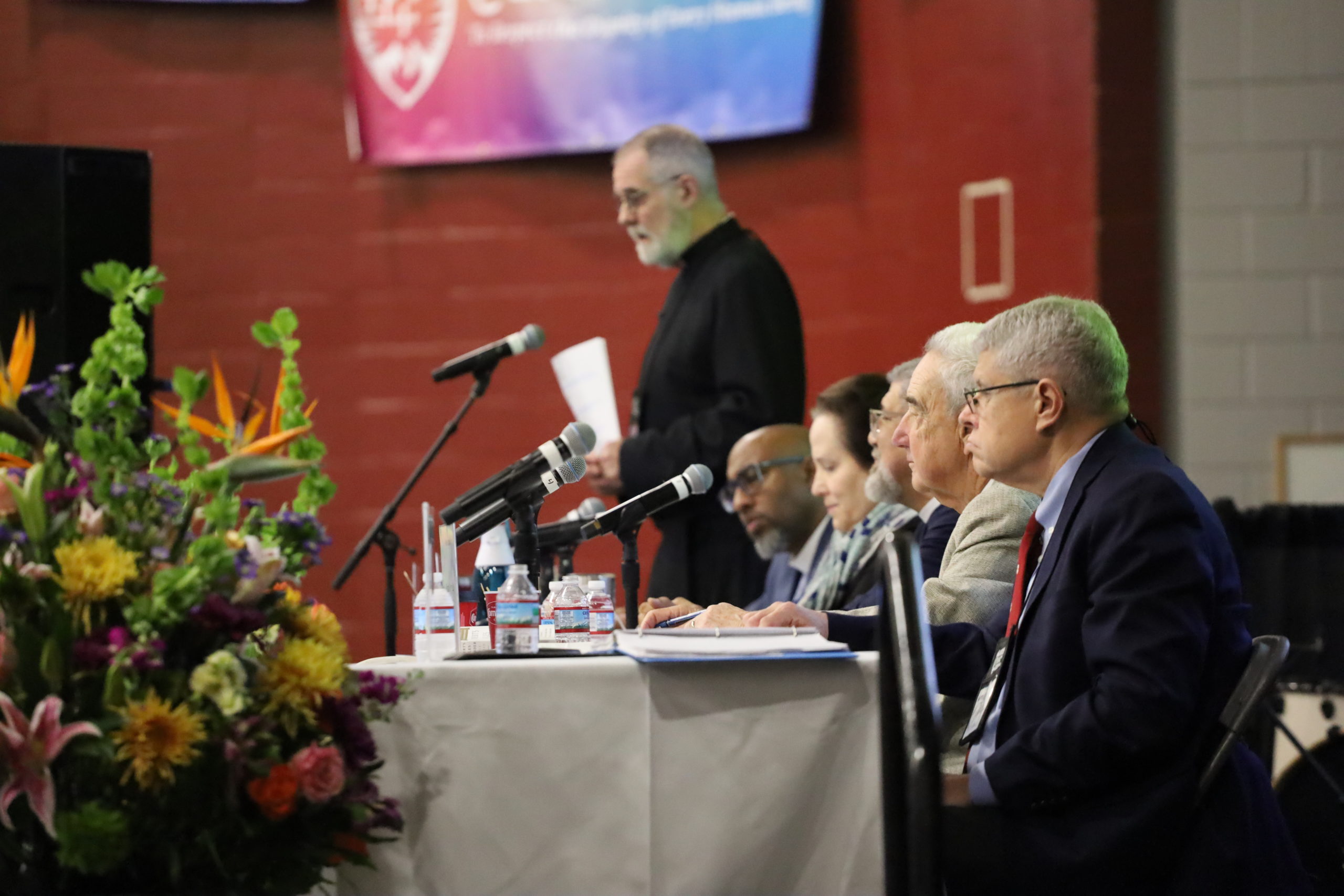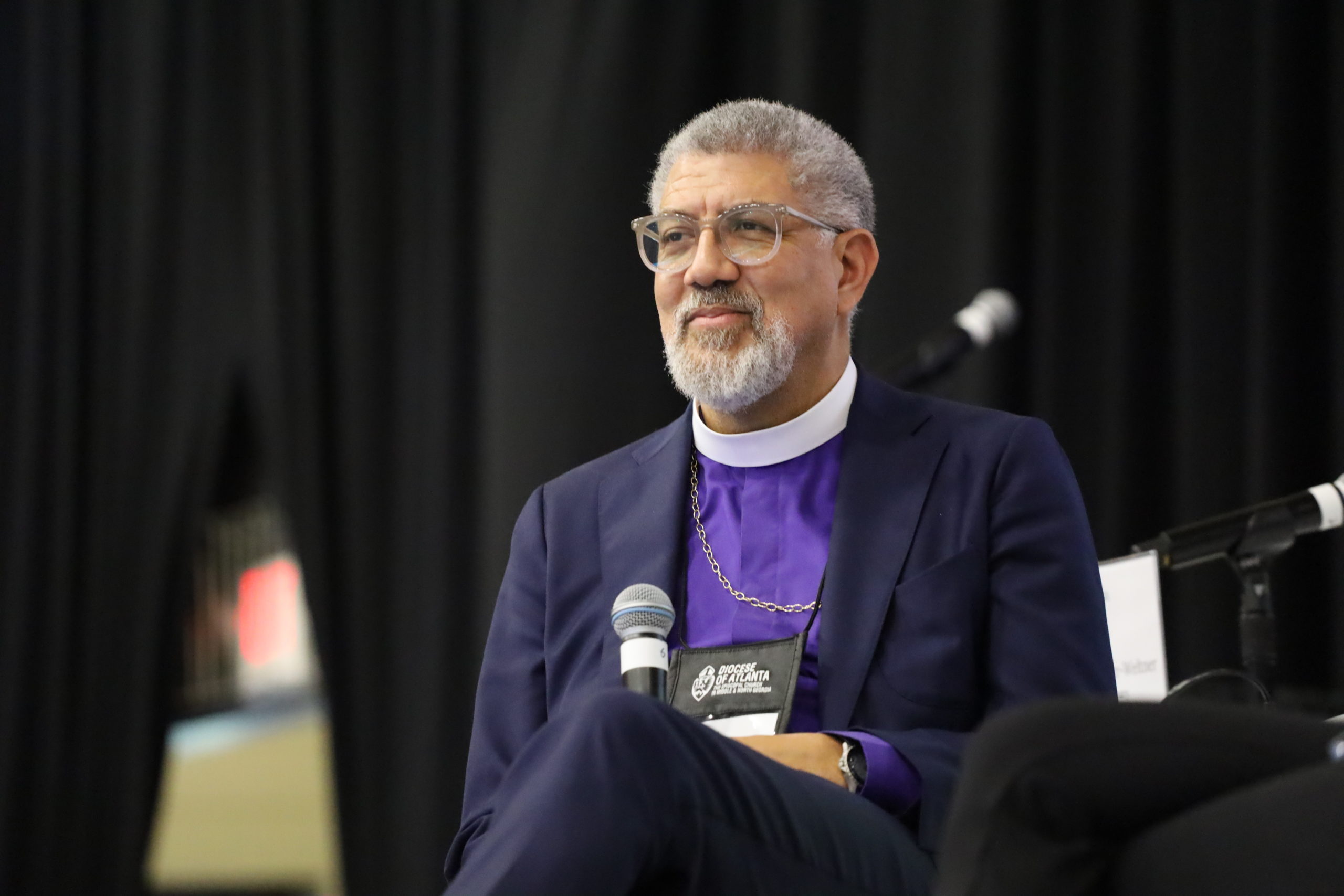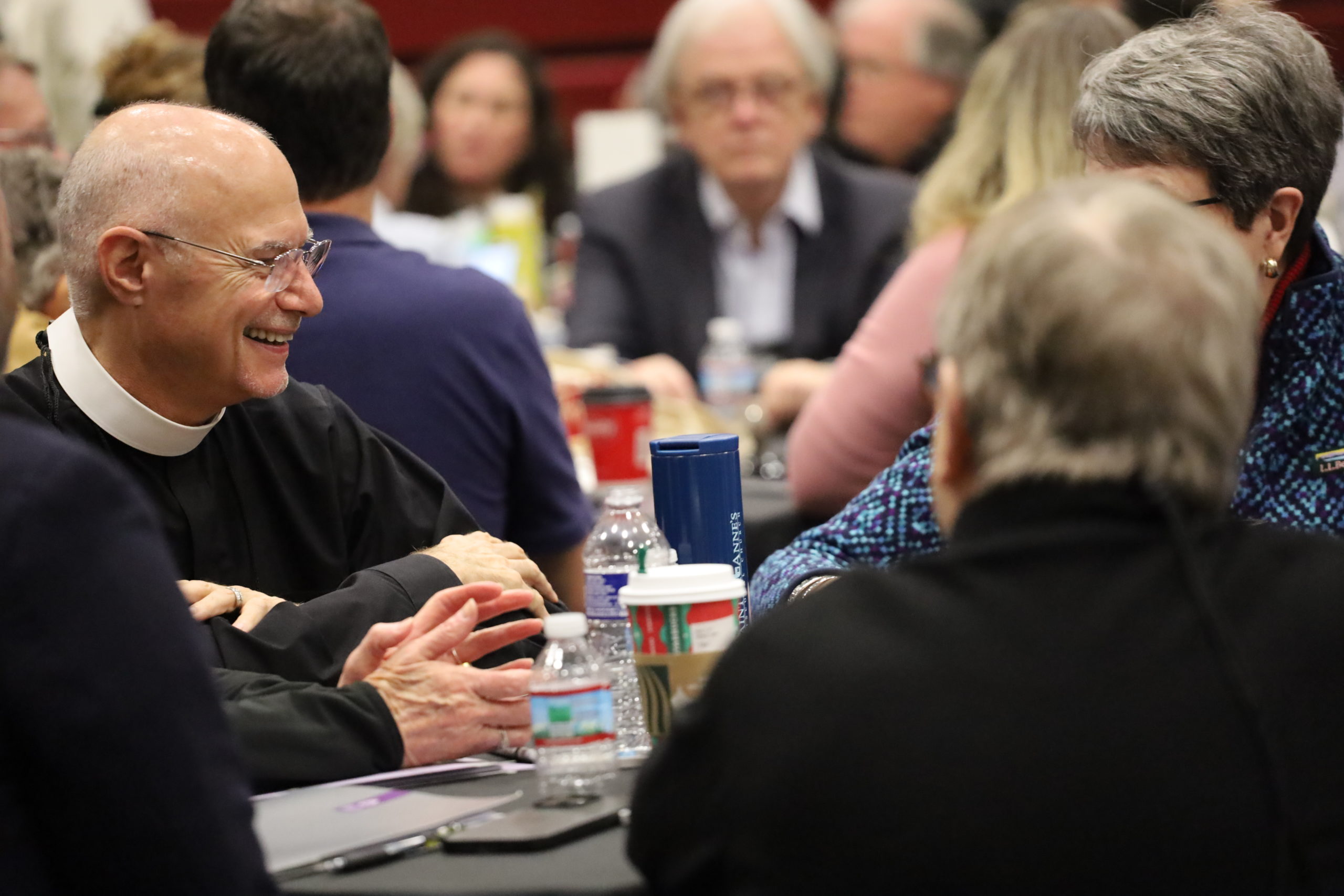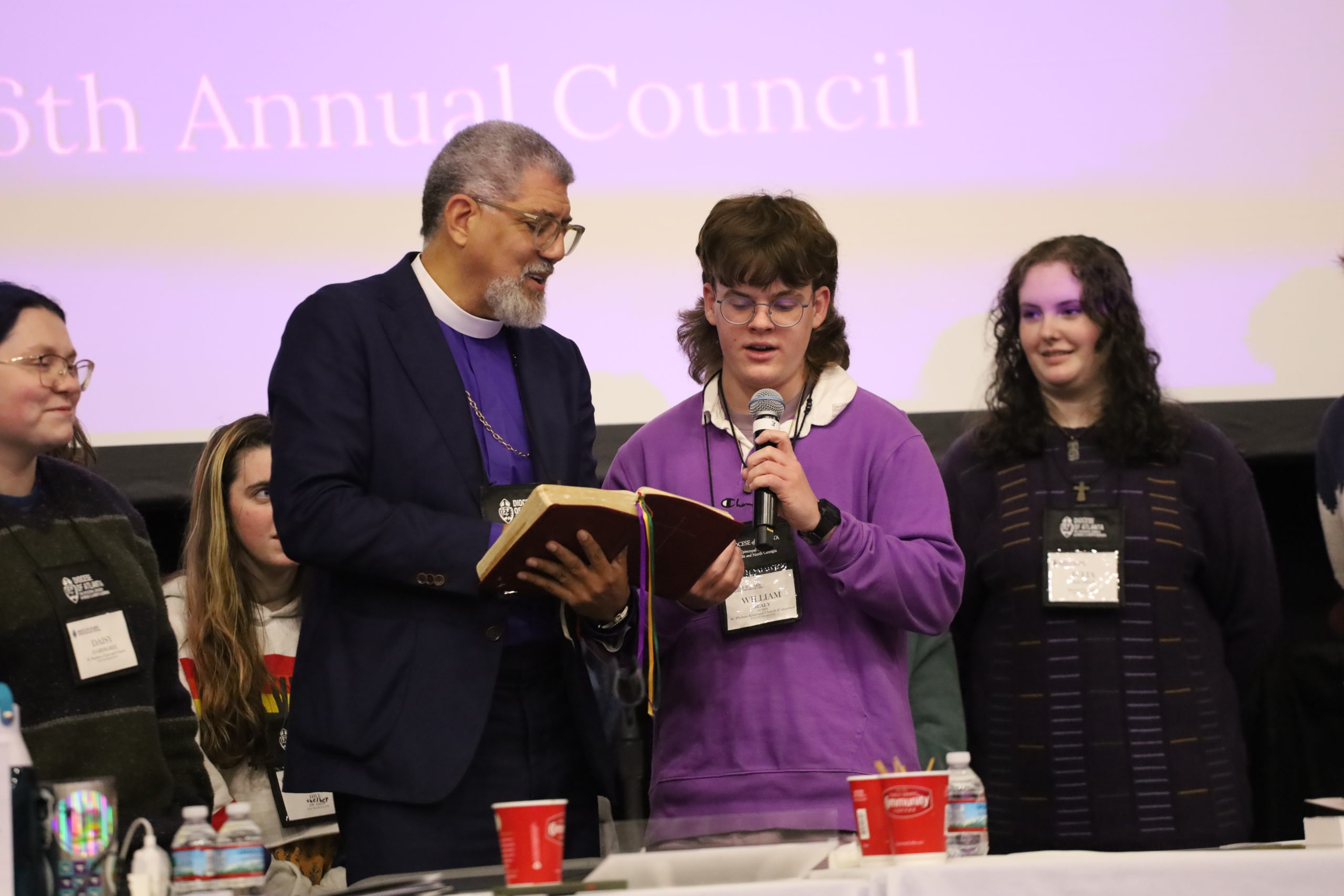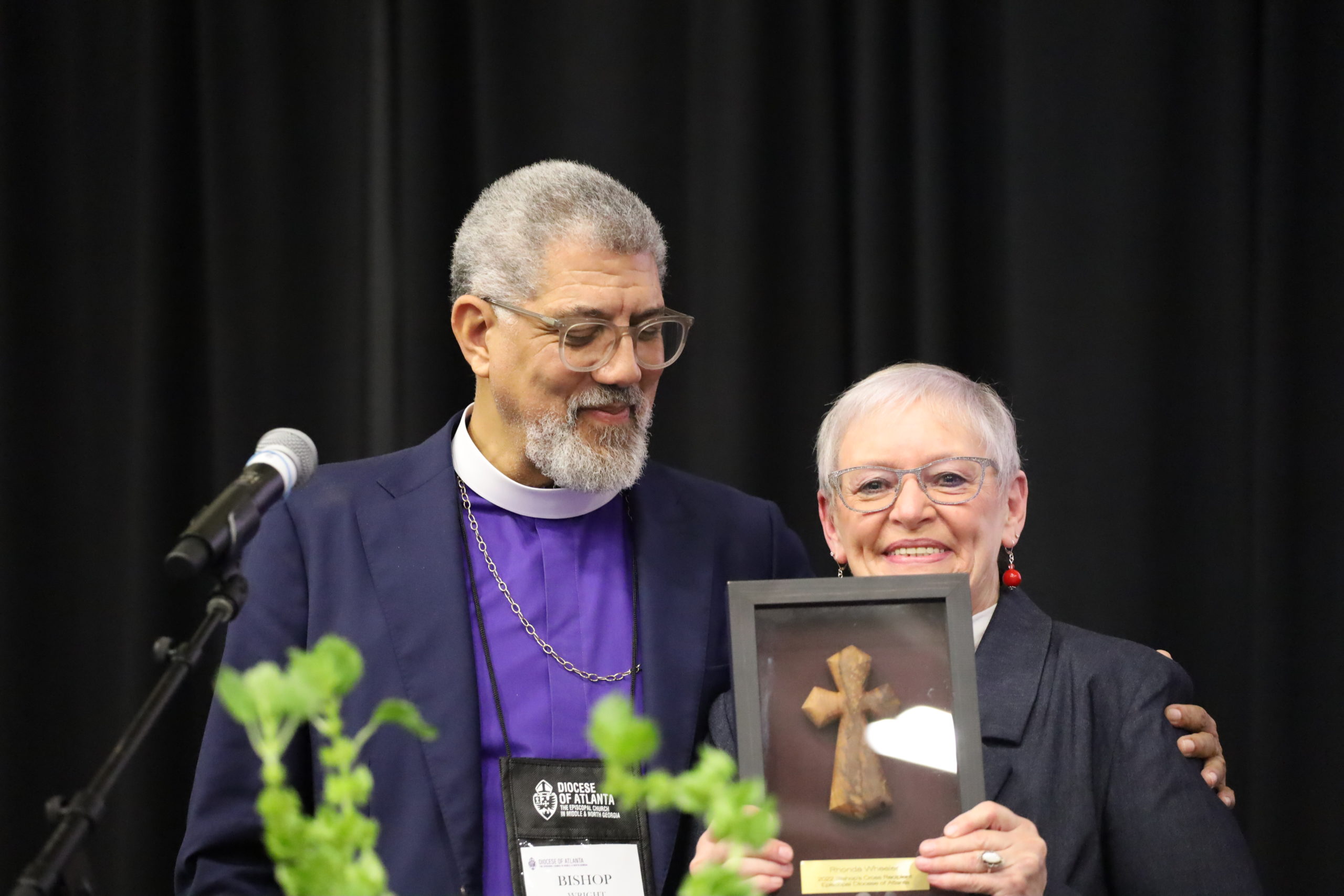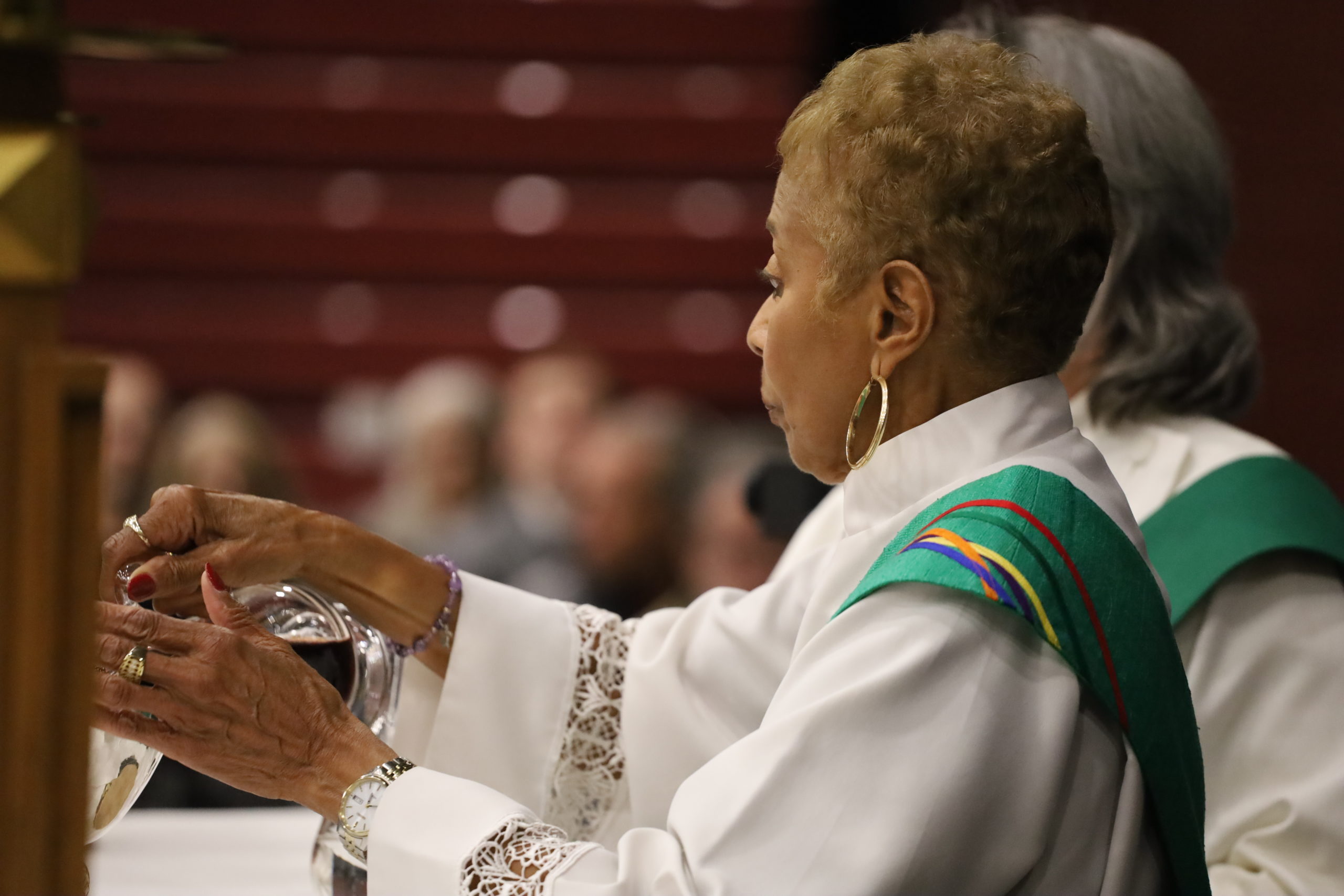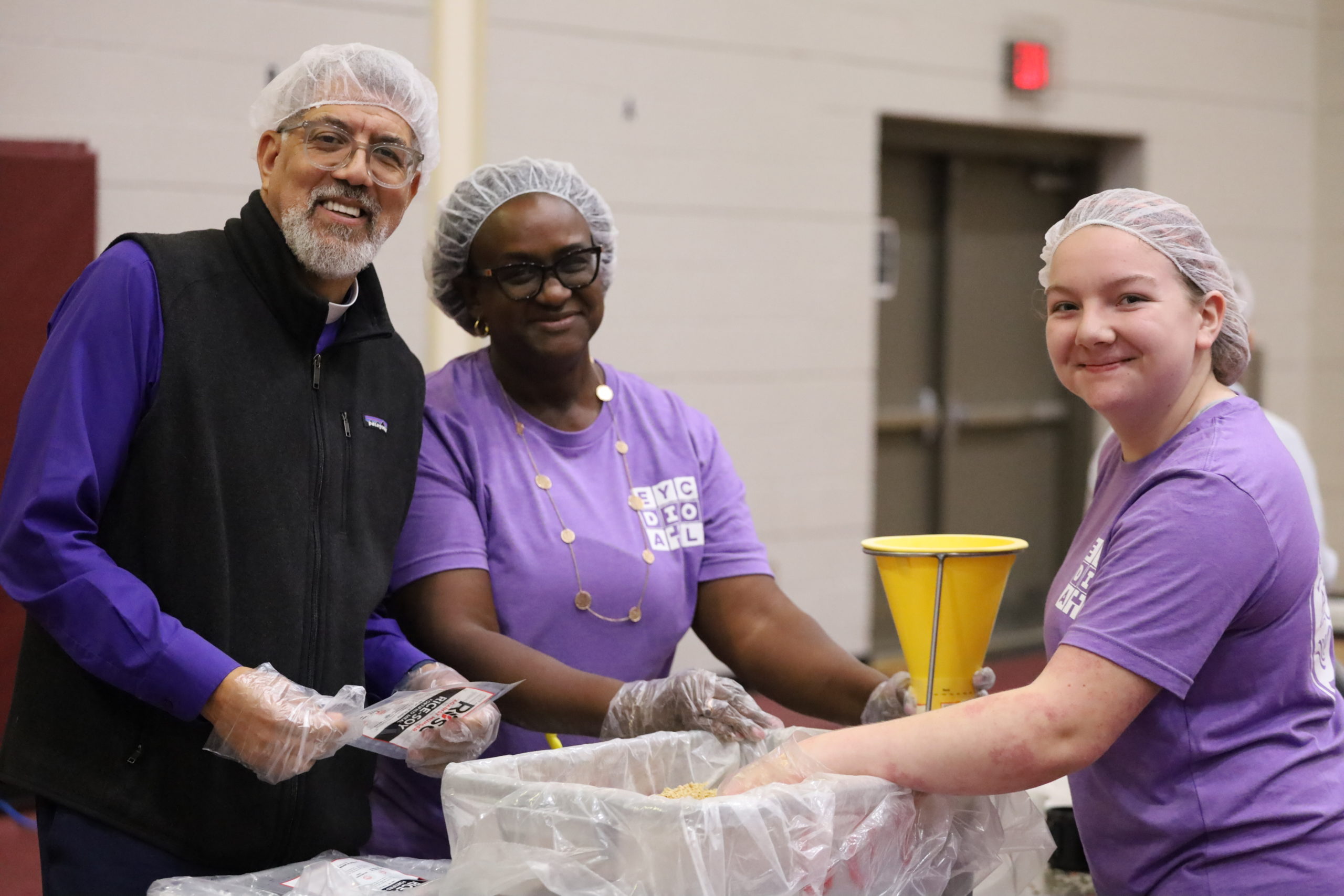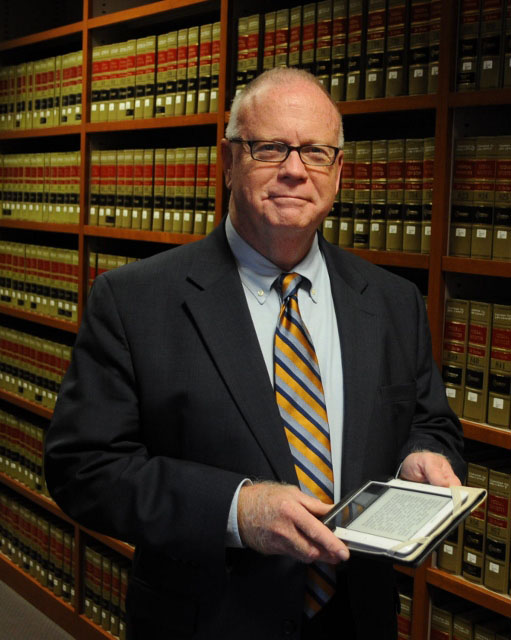Bishop Rob Wright, who resumed his practice of individually greeting attendees as they arrived, said online gatherings accomplished the official work of Council but lacked the personal interactions that are a vital part of the largest annual gatherings of the diocese.
“It is so good to see you all, and not in those little boxes,” Wright told the more than 450 delegates, visitors, vendors, and guests who filled the main gymnasium of the Holy Innocents’ Episcopal School in Atlanta.
Listen to Bishop Wright’s Sermon
Wright said supporting the work of regathering in parishes is a diocesan priority.
Missioner for Congregational Vitality Sally Ulrey said a review of 2021 parish parochial reports and a diocesan-wide survey has focused the effort. Identified priorities included equipping leaders to be evangelists and disciple-makers and discerning next steps for parishes to more effectively engage with their neighbors, Ulrey said.
In response, three new programs were created in 2022.
Formation for All the Baptized is a discernment and formation school for licensed lay ministers who will serve as lay preachers, catechists, pastoral caregivers, pastoral leaders, and worship leaders.
Genesis II: Revision and Renew, a collaboration with the Presiding Bishop’s Office to work with small congregations in the Diocese of Atlanta to reflect on their identity, God’s call, and how to “be” church in new ways.
LeadersCare. In partnership with The Society for the Increase in Ministry, the diocese secured a grant from Trinity Wall Street to train parish leaders in spiritual practices, grounded in prayer and formation, to help them discern and embrace God’s future for their churches.
Ulrey also laid out in detail other results of the 2021 report from the diocese’s 116 worshiping communities.
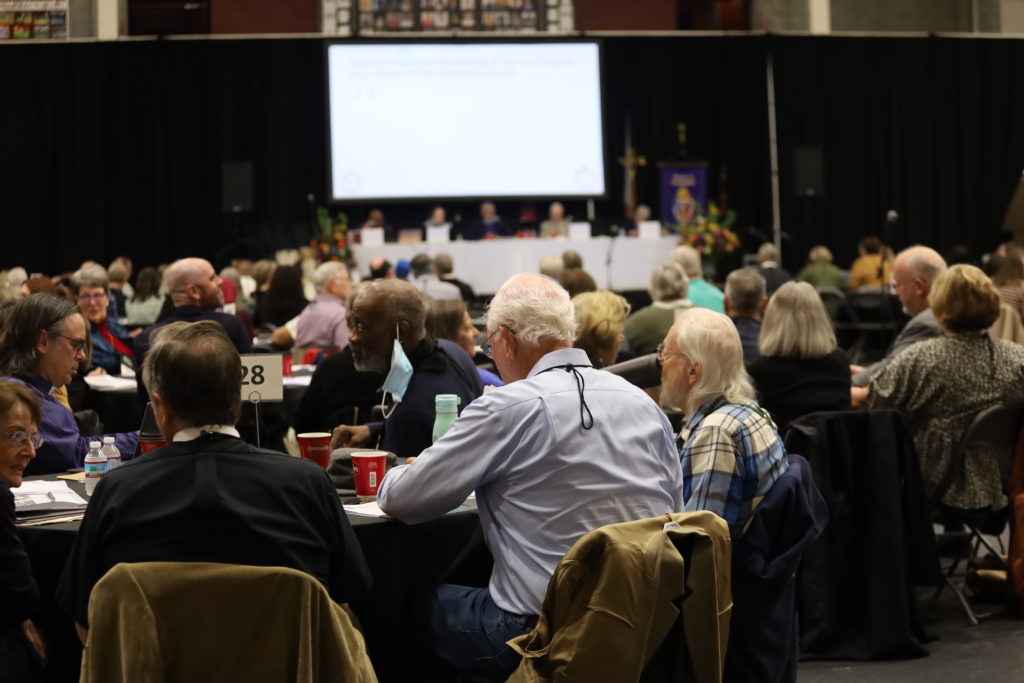
On average, giving was down 16 percent, and in-person worship attendance was about half of that in years prior to the COVID pandemic.
Characteristics of parishes that outperformed the average included: experimenting with alternative ways of gathering; listening deeply to members to understand their needs; creating “relational fabric” such as small groups that took responsibility for group member’s well-being; having an outward focus attuned to the needs of their neighbors, and using a team approach to ministry.
Diocesan responses to the challenges of COVID-19 have also included running experiments.
One successful innovation began in August 2020 as Imagine Church. It features online worship, combining musical traditions, visual art, and spoken word. The format was used for Eucharist at Council with The Reverend Brandon Maxwell leading the choir of singers from Park Avenue Baptist Church and parishes of the diocese.
Now called Imagine Worship, the experiment has become an ongoing ministry of the diocese, in partnership with the Absalom Jones Episcopal Center for Racial Healing. It has been emulated by other dioceses. In October, Presiding Bishop Michael B. Curry joined a session of Imagine Worship broadcast from St. Bartholomew’s Episcopal Church in New York City with a mass choir under the direction of acclaimed gospel artist Jason McGee.
Bishop Wright continued the theme of experimentation and adaptation in his Council sermon.
Wright said the diocese and its leaders must be “attuned to the moment.”
“Life is made of 1,440 minutes a day, which is 525,600 for the year. Multiply that number times the average length of life and you realize, give or take a bit, life is made of 40,050,720 minutes!
He said followers of Jesus have made progress “by doing something unusual with our allotted minutes. We make our way with God by remembering forward and hoping backward.”
Wright, who marked his first decade as bishop in October, said one of the best parts of his job has been hearing the stories of parishes and ministries.
“Those times when your community was at a threshold moment and you believed God and stepped out on faith and joined God in starting a ministry, a church, a pre-school, or a school.
“Or, added space to serve neighbors and welcome people home to the Episcopal Church. How you weren’t exactly sure what the future held but had faith enough in your community to join God despite the uncertainty.”
Wright acknowledged the malaise caused by the pandemic but said God won’t settle for complacency.
“So, God says, I know how to infuse my people with energy, I will re-invite them to join me in the only enterprise that is truly life-giving, faithful living. Zora Neal Hurston puts it this way, ‘love makes the soul crawl out from its hiding place.’
“That is how God helps us find new energy and break free of the numbness of modern life that is the new threat to freedom.”
During Saturday morning’s youth worship the sermon by Evie Hague, a high school senior attending St. James’ in Marietta, was about responding to God’s call.
Hague, who plans on becoming a firefighter and will serve as rector of the upcoming Episcopal Youth Community’s Happening 77 at Camp Mikell, focused on this year’s EYC theme, Kingdom Come.
“It is all about how we as Christians spread God’s love to others and how we are living in God’s Kingdom, it’s not something that is so far from our reach,” Hague said. Using Jesus’ parable of the mustard seed, she said “the kingdom of God started very small, but when people started to take care of His kingdom and shared God’s love, His kingdom began to flourish and spread across the world.
“We are living in God’s kingdom no matter where we are or who we are. You could be living through your best or worst day, but you are still present in God’s kingdom, the world He created is the Kingdom.
Hague said her faith was nourished by her Happening weekend.
“It is a spiritual weekend for high schoolers led by fellow high schoolers. The focus of the weekend is spreading God’s love and drawing the circle wider to those who may not have felt welcome as who they truly are. It is a weekend where many people can feel the seed God planted in them. Happening watered the seed I had neglected for so long. I finally let it bloom and grow into something I want to share with the world.”
Hague was one of 53 youths attending Council who put their faith into action by packaging 10,000 meals for distribution by Rise Against Hunger, an international hunger relief agency.
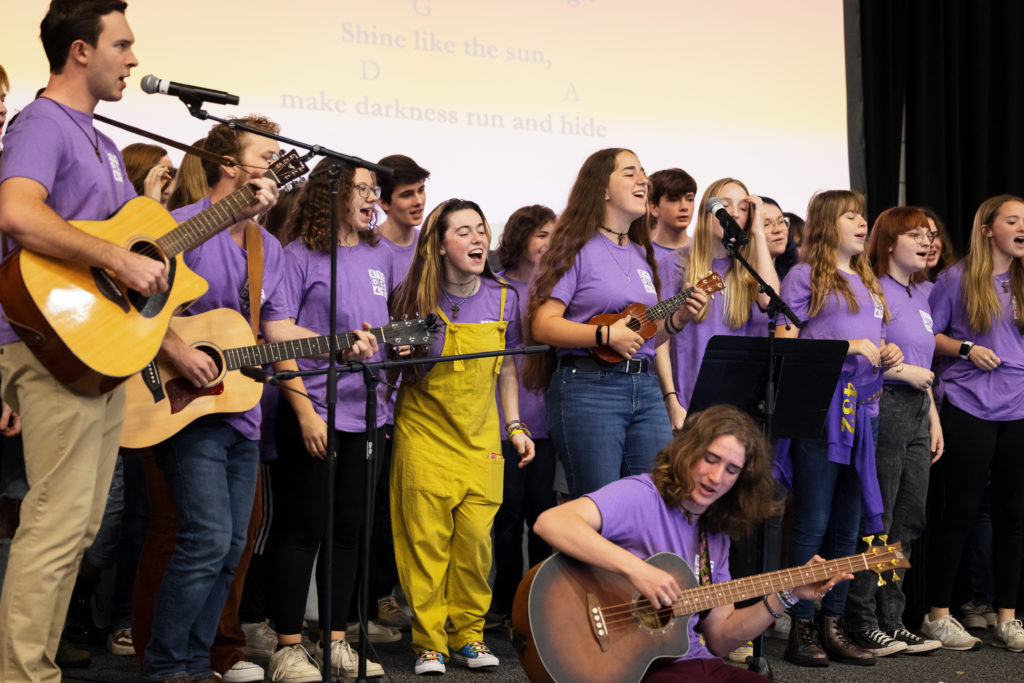
During the Council’s business session, deputies for General Convention were elected along with members of the Diocesan Standing Committee and Board of Governors for Camp Mickell.
Resolutions passed included providing benefits for permanent deacons, continued support of same-sex marriage, encouraging the expansion of Medicaid in Georgia, and environmental stewardship. Council also amended the diocesan constitution to provide for online meetings and ratified the decisions taken by Council during online meetings in 2020 and 2021.
Special guest Bishop Diana Akiyama of the Episcopal Diocese of Oregon met with women delegates and clergy to discuss the experiences and challenges encountered by female clergy and church leaders.
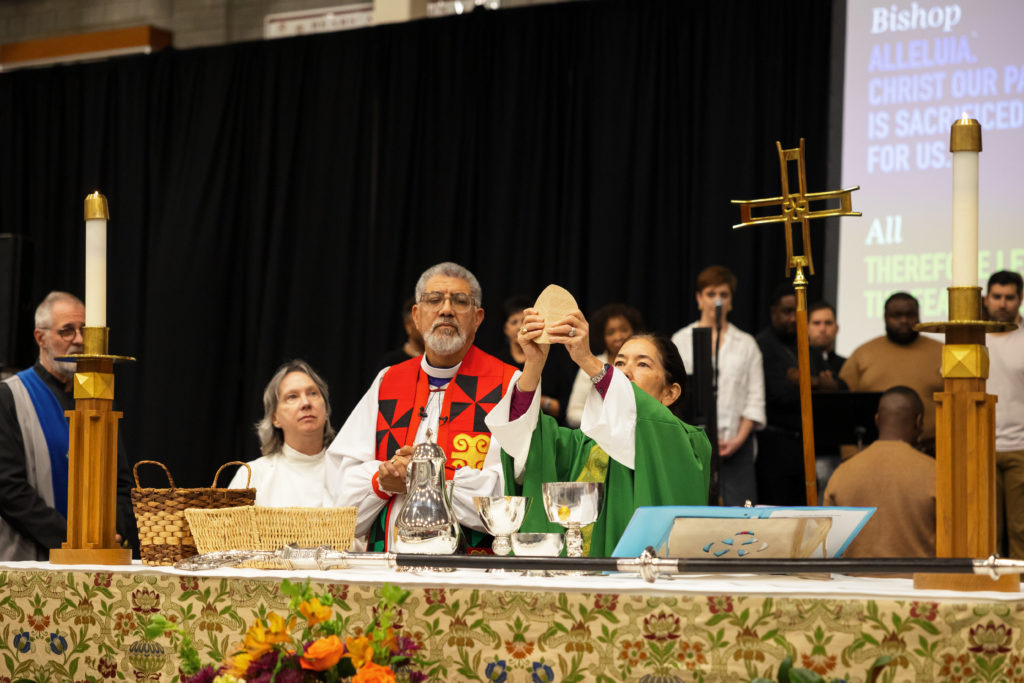
Bishop Akiyama, the first Japanese American woman ordained to the priesthood in The Episcopal Church in 1989, also gave her impressions from the two-day event during her address at the end of Council.
“There are two themes that I’ve observed being with you yesterday and today. They are elasticity and curiosity.
“Elasticity referring to how you engage fellowship, how you engage relationship, the way in which you currently are leaning into being the body of Christ with and for each other and for your neighborhoods, your communities, and the world.
“Elasticity. Which is another way of saying deep listening, respect, prayer, common prayer, scripture study, and vibrant ministries.
“Your vibrant ministries are clearly forms of ministry that have come out of noticing what’s happening in your neighborhoods and communities, feeling a tug on your heart and your soul and wanting to respond, wanting to help, wanting to heal, wanting to help become part of making the body of Christ whole.
“Curiosity. I see you leaning forward. And I see and hear what’s on your hearts. And I see you cautious in your curiosity. I see you yearning for a deeper sense of the new thing, that the church is becoming, the new thing that God is calling you into. Curiosity always has a little bit of caution attached to it. It also has a little bit of courage attached to it. So, curiosity is a good thing. And it’s really gratifying to see you leaning into it.
“I love, in particular, the focus on youth. This has been a long complaint of mine for the entirety of my priesthood – the way in which the Episcopal Church writ large talks about youth, funds them, doesn’t fund them, campus ministry yes, campus ministry no. It’s sort of like discretionary. And we are way past the point of talking about youth ministry, youth choir, youth leadership as discretionary. They are the future. And we are finally getting on that train in some dioceses, and you should be proud that that’s happening in the Diocese of Atlanta. You should be very proud.”


